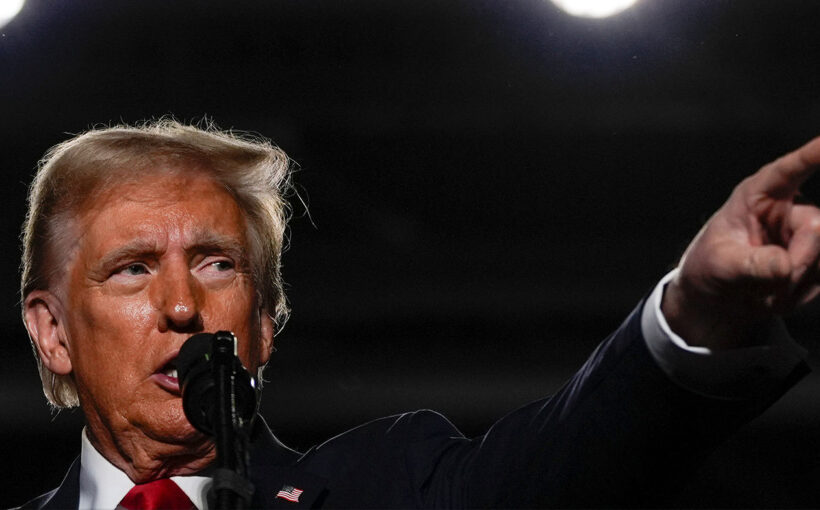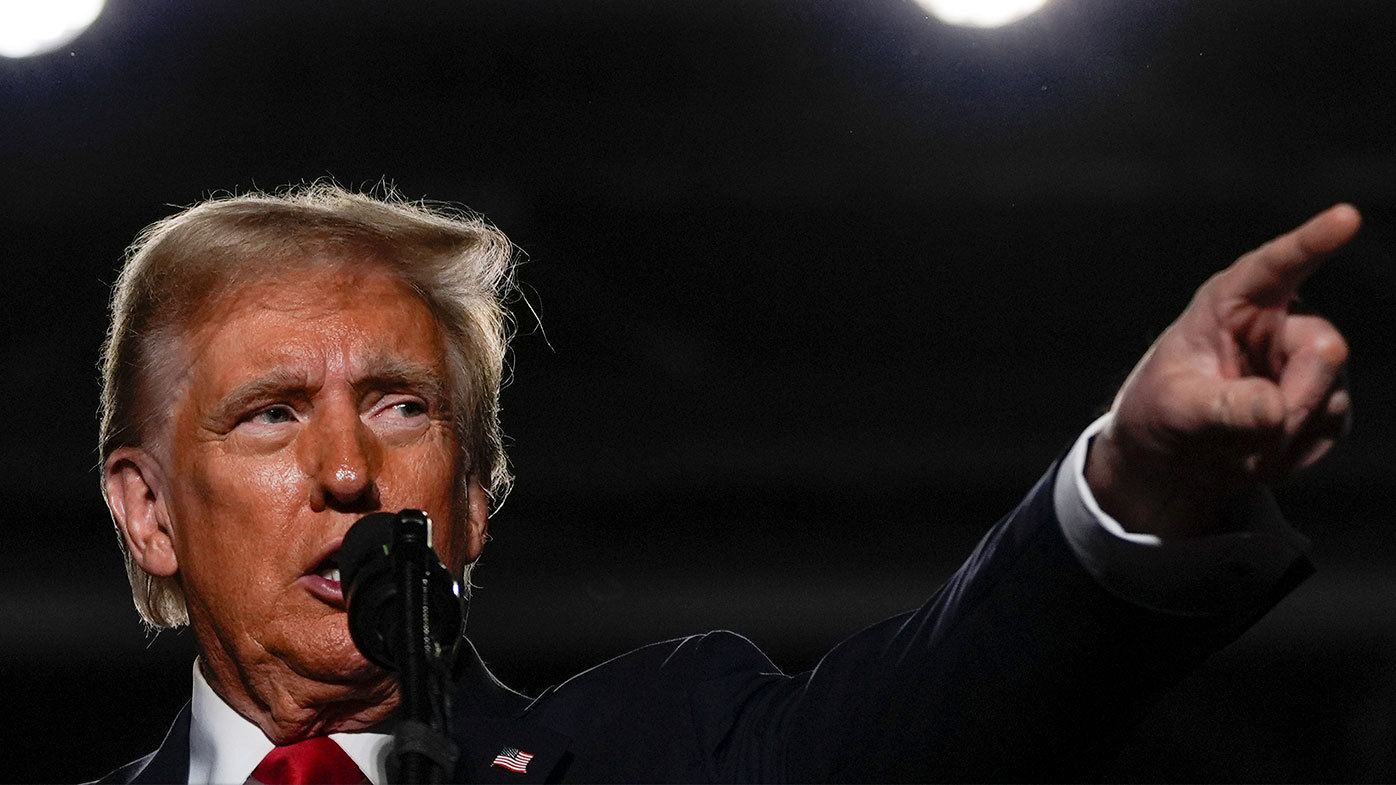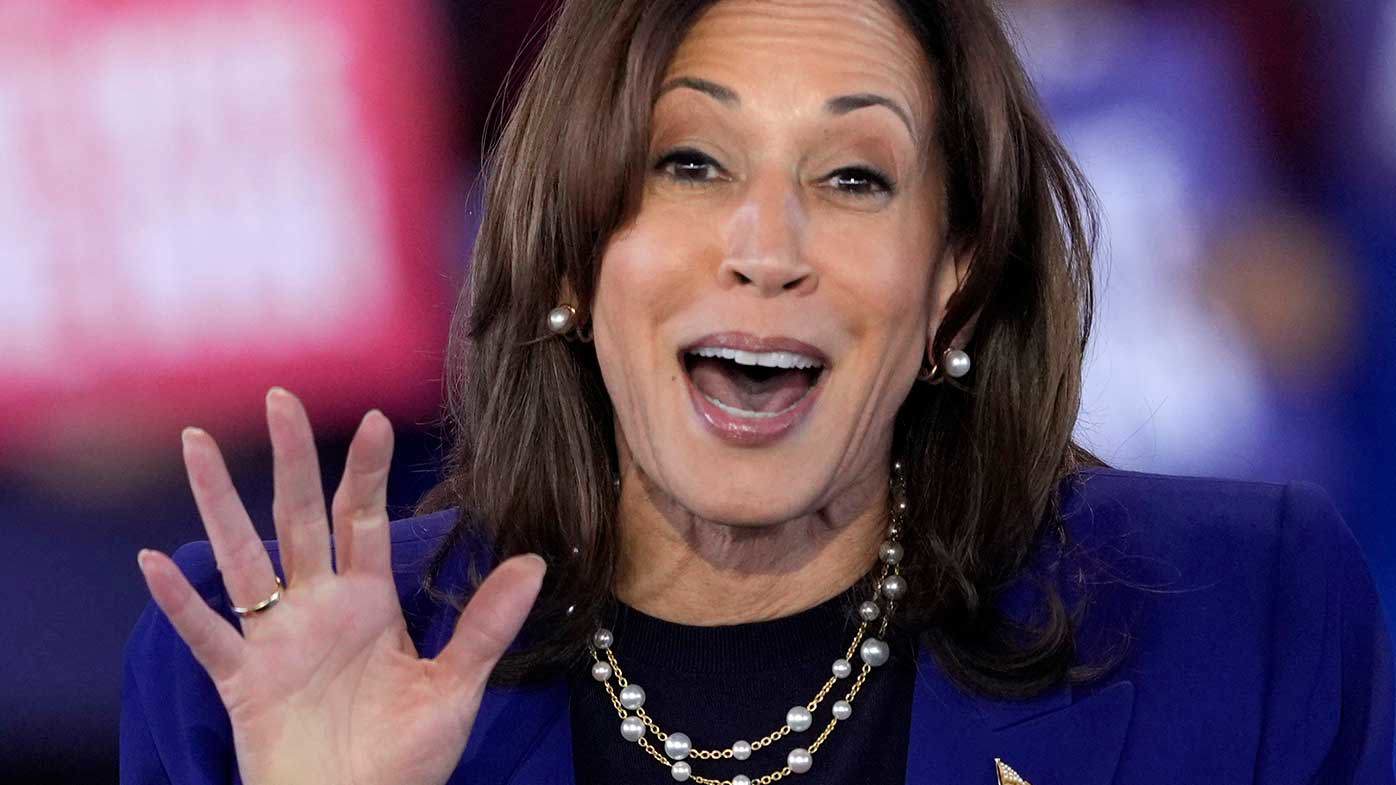US Vice President Kamala Harris holds 47 per cent to former president Donald Trump's 44 per cent among likely voters in the final Iowa Poll before Election Day from the Des Moines Register and Mediacom.
That margin falls within the poll's 3.4-point margin of sampling error and suggests no clear leader in the state, which has widely been rated as solidly in the GOP column during this year's campaign.
The findings suggest a shift toward Harris compared with the previous Iowa Poll, in September, which found a narrow edge for Trump. In that poll, 47 per cent of likely voters backed Trump to 43 per cent for Harris.
READ MORE: Calls for calm after rapper shot dead in Melbourne
There has been little other high-quality polling in Iowa thus far this cycle with which to compare these findings.
Iowa has a mixed record in the last four presidential elections, breaking for Barack Obama in both 2008 and 2012, while Trump won it in 2016 and again in 2020.
The new poll finds women in the state largely favour Harris over Trump, 56 per cent to 36 per cent, while men support Trump by a narrower margin, 52 per cent to 38 per cent.
Independents in the state have flipped to support Harris, 46 per cent to 39 per cent; they have favoured Trump in Iowa Polls released earlier this year.
The survey also suggests that older voters are firmly in Harris' camp, with 55 per cent of likely voters aged 65 or older backing her to 36 per cent for Trump, while likely voters younger than 35 split about evenly, 46 per cent Harris to 44 per cent Trump.
READ MORE: Housemates lay flowers for man killed in Melbourne fire
READ MORE: Search for missing swimmer swept into the ocean off NSW Central Coast
More than nine in 10 Iowa likely voters say their minds are made up in the new poll (91 per cent), with 7 per cent saying they could be persuaded and 2 per cent that they haven't yet chosen a candidate.
The Des Moines Register/Mediacom Iowa Poll was conducted on October 28-31 by Selzer & Co among 808 Iowa likely voters. Interviews were conducted by telephone. Results among likely voters have a margin of sampling error of plus or minus 3.4 points.





